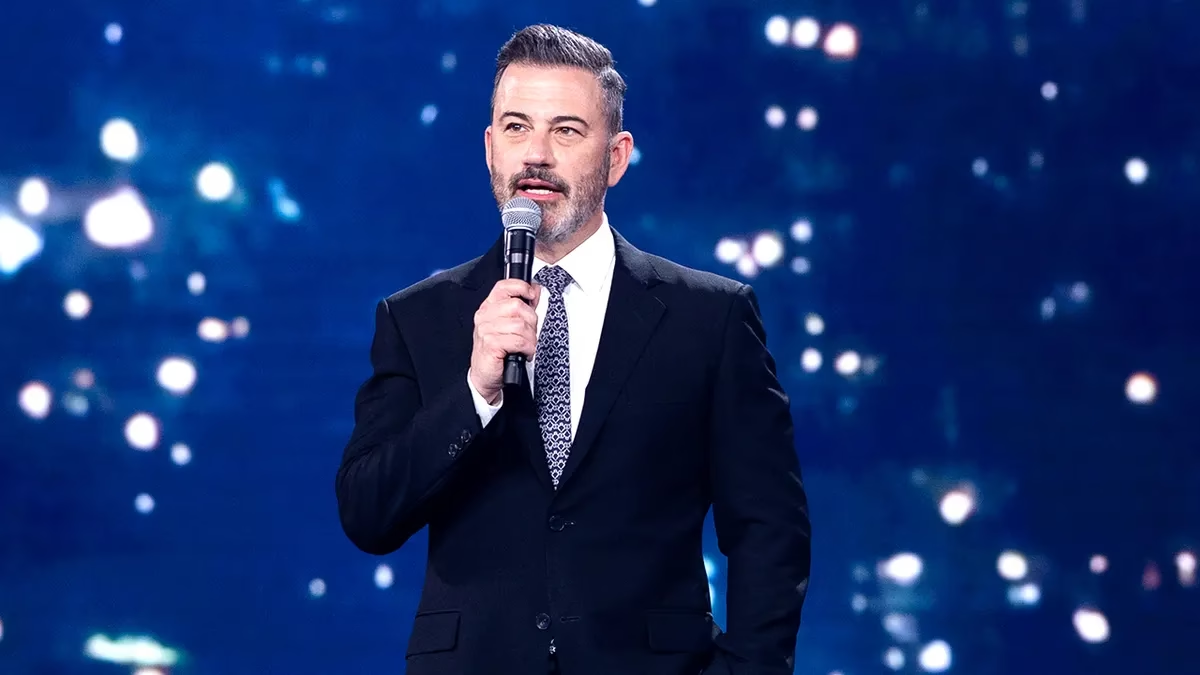
As the war in Ukraine grinds on with no clear end in sight, the debate over long-term security guarantees for Kyiv is intensifying. This week, U.S. Senator J.D. Vance made headlines when he argued that Europe must carry the “lion’s share” of responsibility for Ukraine’s security moving forward. His remarks highlight a growing transatlantic discussion about how best to balance military aid, financial support, and strategic responsibility between Washington and its European allies.
The statement also underscores an emerging consensus in U.S. political circles: while America remains committed to Ukraine’s defense, Europe must ultimately take the lead in ensuring stability on its own continent.
Vance’s Argument: Europe’s Role in Ukraine’s Future
Speaking in Washington, Senator Vance emphasized that U.S. aid to Ukraine cannot remain open-ended. He noted that while the United States has provided tens of billions of dollars in military, financial, and humanitarian assistance since Russia’s full-scale invasion in February 2022, it is European nations that have the most at stake.
“Ukraine’s survival and long-term security are fundamentally European issues,” Vance said. “The United States can help, but Europe must shoulder the lion’s share of responsibility.”
His comments reflect a wider concern in Washington that U.S. resources are being stretched thin amid global commitments — from supporting Israel in the Middle East to deterring China in the Indo-Pacific.
Why Europe Must Step Up
The senator’s remarks echo what many defense analysts have been arguing: that Europe must lead on Ukraine’s security because the war directly affects European borders, economies, and geopolitical stability.
For Europe, a Russian victory or even a frozen conflict in Ukraine would:
- Threaten NATO’s eastern flank by emboldening Moscow to test defenses in Poland, the Baltic states, or beyond.
- Destabilize European economies, driving up energy prices and creating new waves of refugees.
- Undermine European security architecture, showing that aggression pays if unchecked.
By contrast, the U.S. is geographically more insulated. While Washington has a vested interest in preventing Russian expansionism, the immediate consequences of the war are felt most acutely in Europe.
What “Lion’s Share” Could Look Like
If Europe were to take on the bulk of responsibility for Ukraine’s security, it would likely involve several measures:
- Increased Defense Spending
NATO allies have already pledged to raise military spending to at least 2% of GDP, but only a handful have met the target. Vance’s call suggests Europe must go further, ensuring robust defense budgets to sustain Ukraine for years. - Arms Production and Supply Chains
Europe must ramp up domestic arms production to provide Ukraine with artillery shells, air defense systems, and advanced weaponry without relying disproportionately on U.S. stockpiles. - Security Guarantees
Discussions are underway about providing Ukraine with long-term guarantees short of NATO membership. This could mean bilateral defense pacts between Ukraine and key European powers such as Germany, France, and the U.K. - Financial Aid
Ukraine’s economy has been devastated by war. European institutions like the EU and European Investment Bank will play a central role in reconstruction, ensuring Kyiv can survive economically while defending itself militarily.
The U.S. Position: Support, But Not Forever
The Biden administration has consistently framed support for Ukraine as vital for global democracy. However, with U.S. elections approaching, domestic debates over aid are intensifying. Figures like Vance represent a growing faction skeptical of indefinite U.S. involvement.
The message is clear: Washington wants Europe to institutionalize support for Ukraine, so the burden does not fall primarily on U.S. taxpayers and military planners.
European Reactions
European leaders are aware of the shifting tone in Washington. German Chancellor Olaf Scholz, French President Emmanuel Macron, and other EU heads of state have already emphasized that Europe must do more. Initiatives like the European Peace Facility and joint arms procurement schemes are early steps in that direction.
Still, Europe faces challenges. Political divisions within the EU, economic strains from inflation, and resistance in some countries to higher defense spending could complicate efforts. Nonetheless, many analysts believe Vance’s remarks will add pressure on European governments to accelerate their commitments.
Conclusion
Senator J.D. Vance’s comments that Europe must shoulder the lion’s share of Ukraine’s security reflect a larger shift in transatlantic relations. While the United States remains an indispensable partner, the expectation is growing that Europe must take primary responsibility for Ukraine’s future.
This recalibration could redefine European security policy for decades to come. For Kyiv, it means forging even stronger ties with European capitals, not just Washington. For Europe, it is a test of whether the continent can step into a leadership role that matches the scale of the challenge.
Ultimately, the survival of Ukraine is not just a transatlantic issue — it is a defining question for the future of Europe Ukraine security.



